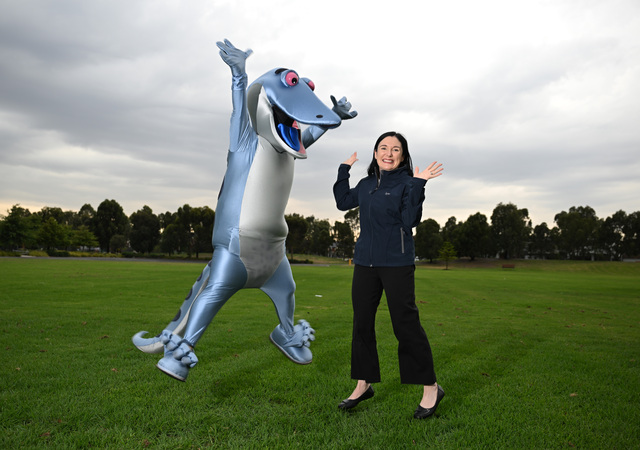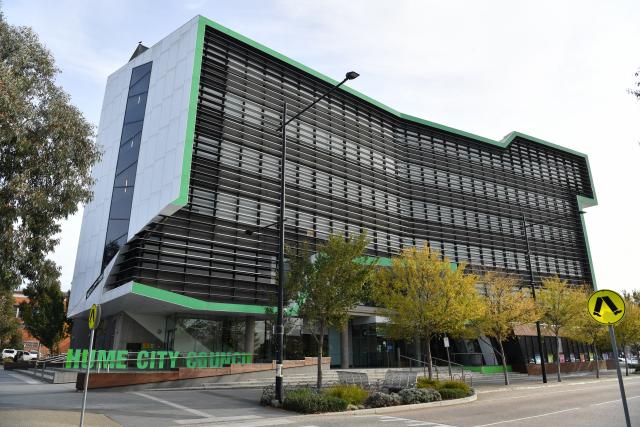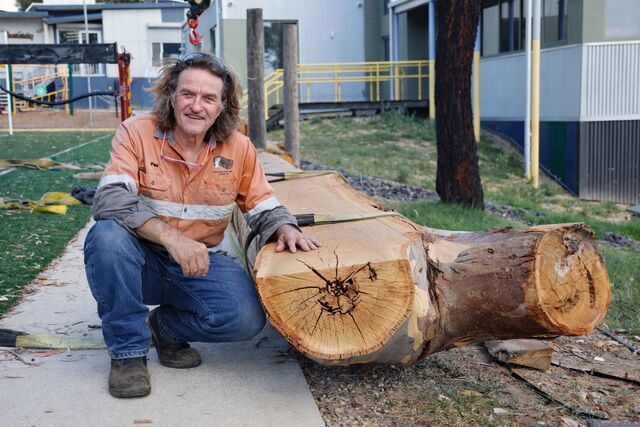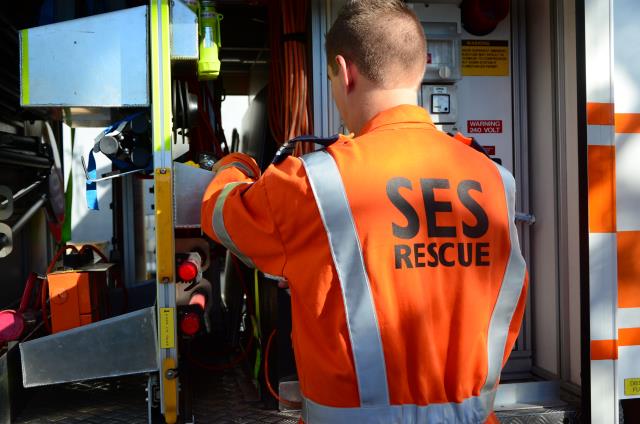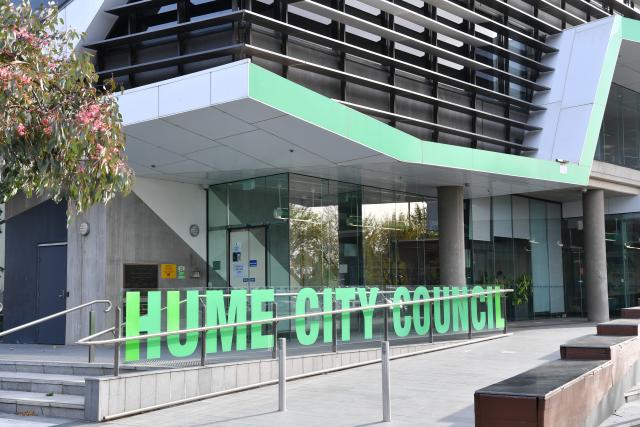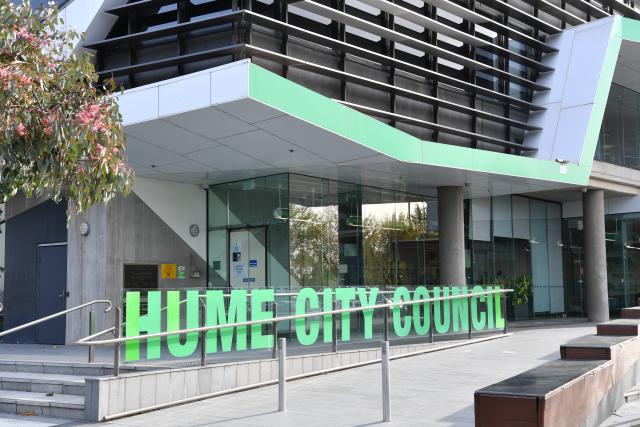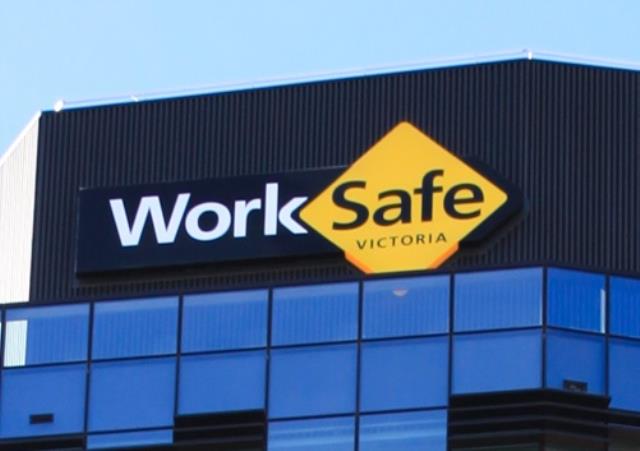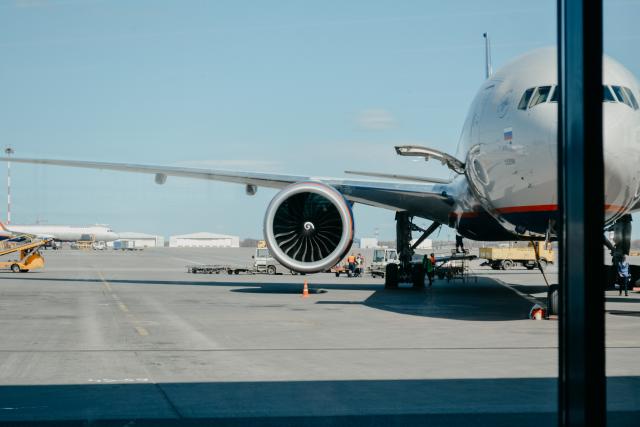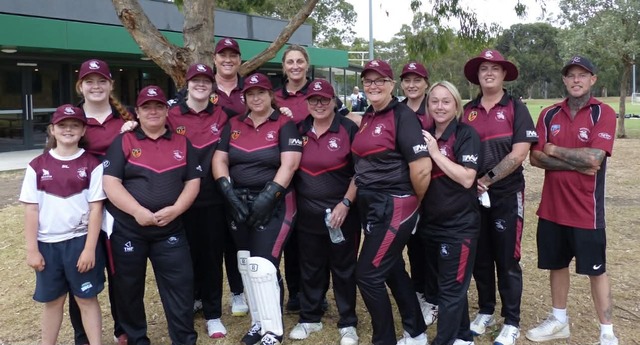Whittlesea council will investigate the feasibility of introducing a council-subsidised desexing program for pets, in a bid to reduce the number of unwanted cats living in the municipality.
The initiative is being considered as part of the council’s new domestic animal management plan, which was adopted last Tuesday.
The plan aims to address domestic animal issues such as responsible pet ownership, nuisance animals, microchipping and managing dangerous, menacing and restricted breed dogs. It was compiled following a community survey in September and will be implemented over four years.
As part of the plan, the council will evaluate the cost of running a subsidised desexing scheme, as well as the number of animals that could be desexed, before deciding whether to go ahead with the program.
The plan states that Whittlesea has an overpopulation of cats. In 2016-17, 1278 cats were impounded in the municipality – 619 of those were euthanised.
A report to the council said it was important to reduce the unwanted cat population by educating owners about desexing and urging them to trap and remove stray cats so they cannot continue to breed.
The report stated that concerns about stray and trespassing cats were among the biggest nuisance animals complaints received by the council.
Under the plan, the council will also look at increasing awareness about the importance of registering pets by door-knocking homes that do not renew their pet registrations.
In 2016-17, 16,479 dogs and 4978 cats were registered in Whittlesea.
Only 707 of the 874 dogs that were impounded and 92 of the 1278 cats impounded in 2016-17 were returned to their owners.
“This indicates that most impounded cats are not identifiable and therefore are not returned to their owners,” the report stated.
“It is important to have accurate registration numbers so council can adequately plan.
“It also enables other operators working in animal welfare to target their programs and services to meet community expectations.”


